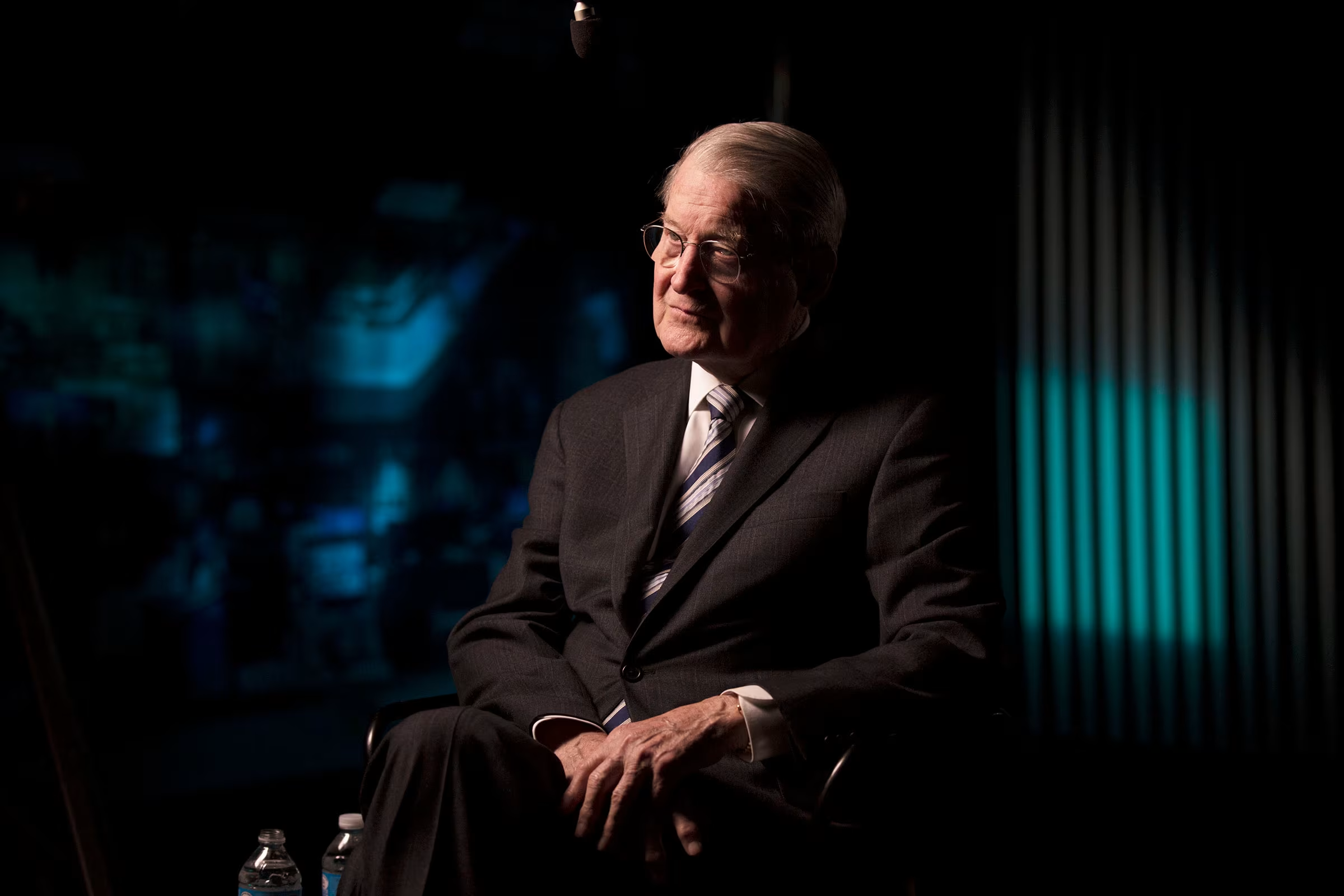
Trump team keeps giving away the game on its retribution crusade
Entities mentioned:
- Donald Trump: Power, Revenge, Control
- John Bolton: Self-preservation, Duty, Professional pride
- Kash Patel: Loyalty, Ambition, Power
- Dan Bongino: Loyalty, Righteousness, Influence
- Pam Bondi: Loyalty, Power, Influence
- Christopher Wray: Duty, Professional pride, Wariness
- Merrick Garland: Duty, Justice, Professional pride
- Ed Martin: Loyalty, Ambition, Influence
- Letitia James: Justice, Ambition, Recognition
- James Boasberg: Duty, Justice, Professional pride
- James Comey: Self-preservation, Justice, Indignation
- Tulsi Gabbard: Loyalty, Ambition, Influence
- Kristi Noem: Loyalty, Ambition, Power
- Elon Musk: Power, Influence, Recognition
Article Assessment:
Credibility Score: 75/100
Bias Rating: 35/100 (Lean Left)
Sentiment Score: 25/100
Authoritarianism Risk: 70/100 (Authoritarian Tendencies)
Bias Analysis:
The article leans left in its framing, focusing primarily on criticisms of the Trump administration's actions. While it presents factual information, the selection and emphasis of events paint a negative picture of Trump and his allies, with less attention to counterarguments.
Key metric: Rule of Law Index
As a social scientist, I analyze that this article highlights a concerning trend in the politicization of the US justice system under the Trump administration. The repeated instances of public officials making prejudicial statements about ongoing investigations, targeting political opponents, and disregarding established norms of prosecutorial conduct suggest a significant erosion of the traditional separation between politics and justice. This behavior risks undermining public trust in legal institutions and the impartial application of law, which are crucial components of the Rule of Law Index. The contrast drawn between the handling of investigations into Trump's opponents versus those into Trump himself further emphasizes this disparity, potentially leading to a perception of a two-tiered justice system based on political allegiance.

William Webster, former head of FBI and CIA, dies
Entities mentioned:
- William Webster: Duty, Professional pride, Integrity
- FBI: Reputation, Security, Justice
- CIA: Security, Control, Influence
- Jimmy Carter: Leadership, Reform, Legacy
- J. Edgar Hoover: Power, Control, Legacy
- Ronald Reagan: Leadership, Security, Legacy
- Christopher Wray: Professional pride, Duty, Integrity
- Donald Trump: Power, Control, Influence
Article Assessment:
Credibility Score: 85/100
Bias Rating: 45/100 (Center)
Sentiment Score: 65/100
Authoritarianism Risk: 20/100 (Strongly Democratic)
Bias Analysis:
The article presents a balanced view of Webster's career, citing both Republican and Democratic administrations. While largely positive, it includes critical context about the agencies he led, maintaining a centrist perspective.
Key metric: Public Trust in Government Institutions
As a social scientist, I analyze that William Webster's career significantly impacted public trust in key U.S. government institutions, particularly the FBI and CIA. His leadership focused on restoring integrity and public confidence in these agencies after periods of controversy. Webster's emphasis on professionalism, adherence to the rule of law, and transparency helped rebuild the reputation of both the FBI and CIA during critical periods of transition. His long-standing commitment to public service and his ability to lead effectively across multiple administrations underscore the importance of non-partisan, principled leadership in maintaining public trust. The article's portrayal of Webster as a figure respected across political lines suggests that his approach to governance and institutional management could serve as a model for rebuilding trust in government institutions in an era of increasing polarization.